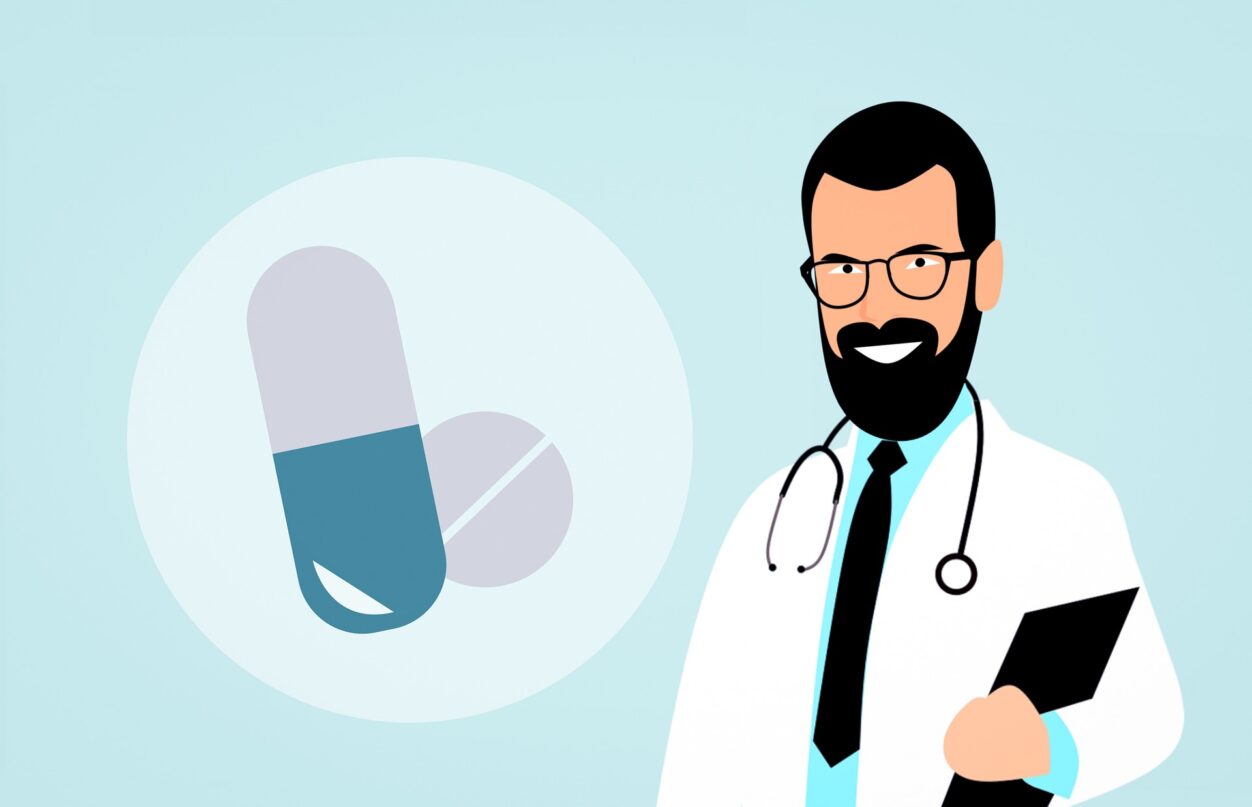Suboxone is a medication used to treat opioid addiction. It is a combination of buprenorphine and naloxone, and it works by reducing withdrawal symptoms and cravings associated with opioid use.
Numerous studies have shown the effectiveness of suboxone in treating opioid addiction. Here are some key findings:
- Improved Treatment Retention: Patients who take suboxone are more likely to stick with their treatment program compared to those who do not take the medication. This can be attributed to the fact that suboxone helps to reduce cravings and withdrawal symptoms, which makes it easier for patients to manage their addiction.
- Reduced Opioid Use: Patients who take suboxone are less likely to use opioids compared to those who do not take the medication. Studies have shown that suboxone is more effective than placebo in reducing opioid use and improving outcomes in patients with opioid addiction.methadone clinics
- Improved Social Functioning: Suboxone has been shown to improve social functioning and quality of life in patients with opioid addiction. This is because the medication helps to reduce the negative effects of addiction, such as job loss and financial instability.
- Reduced Risk of Overdose: Patients who take suboxone are less likely to experience an overdose compared to those who do not take the medication. This is because suboxone helps to reduce the effects of opioids on the body, making it less likely for a patient to experience respiratory depression and other dangerous side effects.
- Reduced Criminal Activity: Suboxone has been shown to reduce criminal activity in patients with opioid addiction. This is because the medication helps to stabilize a patient’s addiction, which can reduce the need to engage in illegal activities to obtain opioids.
Overall, suboxone is an effective treatment for opioid addiction, and it has been shown to improve treatment retention, reduce opioid use, improve social functioning, reduce the risk of overdose, and reduce criminal activity. However, it is important to note that suboxone is not a cure for opioid addiction, and it should be used as part of a comprehensive treatment program that includes counseling and behavioral therapy.

